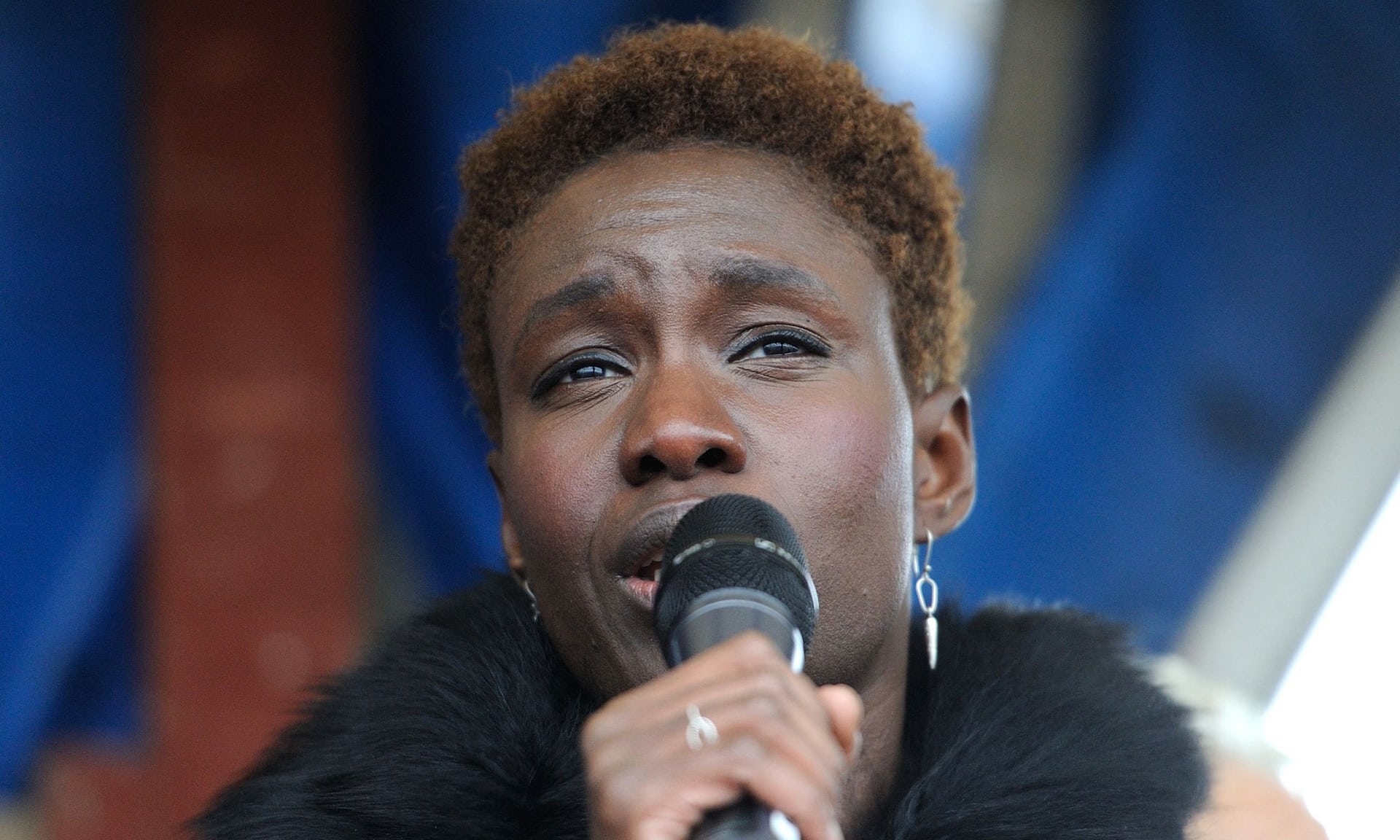In recent days France has been rocked by controversy. First came the government’s decision to create a 30-member commission called CNNum, the national digital council. The task of this commission is to advise French president Emmanuel Macron on new, more inclusive digital policy.
Then an open letter surfaced, written by an MP from a major rightwing political party and addressed to the French prime minister. The letter strongly disapproved of the appointment of two members of the commission: journalist Rokhaya Diallo and rapper Hicham Kochman, also known as Axiom.
Race was a factor back in 2004 during the public debate around secularism and the Muslim veil that led to the banning of all visible religious signs in public schools. Race was a factor during the horrors of January 2015, when Charlie Hebdo was attacked, along with a Jewish supermarket and a Martinican police officer. Race is a factor in scores of cases of police brutality, which primarily involve French people of colour. All these issues lie at the heart of Diallo’s books, articles, documentary, television and radio shows.
The open letter generated a row which culminated in the dismissal of Diallo from CNNum. Under pressure, the government chose to recant and announced the U-turn in order to ensure greater “peace of mind” within CNNum.
The final and unexpected twist was the collective resignation of nearly all of CNNum members in response to the exclusion of Diallo. Now, the government is desperately rushing to appoint a new committee to be ready to work as soon as possible.
For two weeks, Rokhaya Diallo has found herself at the centre of a political controversy which tells us a lot about the treatment of those who, to this day, repeatedly fail to be understood as legitimately, equally, and fully French. This case is about belonging. It is about citizenship. The questions raised are who has access to the highest levels of the public life, and on what terms? In other words, in France in 2017, who is allowed to speak publicly and critically, and who is forbidden from doing so?
The scandal also reveals the existence of highly active reactionary forces – on the right as well as the left of the political spectrum – which cling to a France that no longer exists and has actually never existed, as well the inability of the executive to fight for racial progress and justice. Until it does so, the national motto – liberté, egalité, fraternité – will continue to echo a broken promise.
Maboula Soumahoro is associate professor in the English department at the Université François-Rabelais-Tours, France
Sources
https://www.theguardian.com/commentisfree/2017/dec/27/france-anti-racism-dismissed-feminist-rokhaya-diallo






